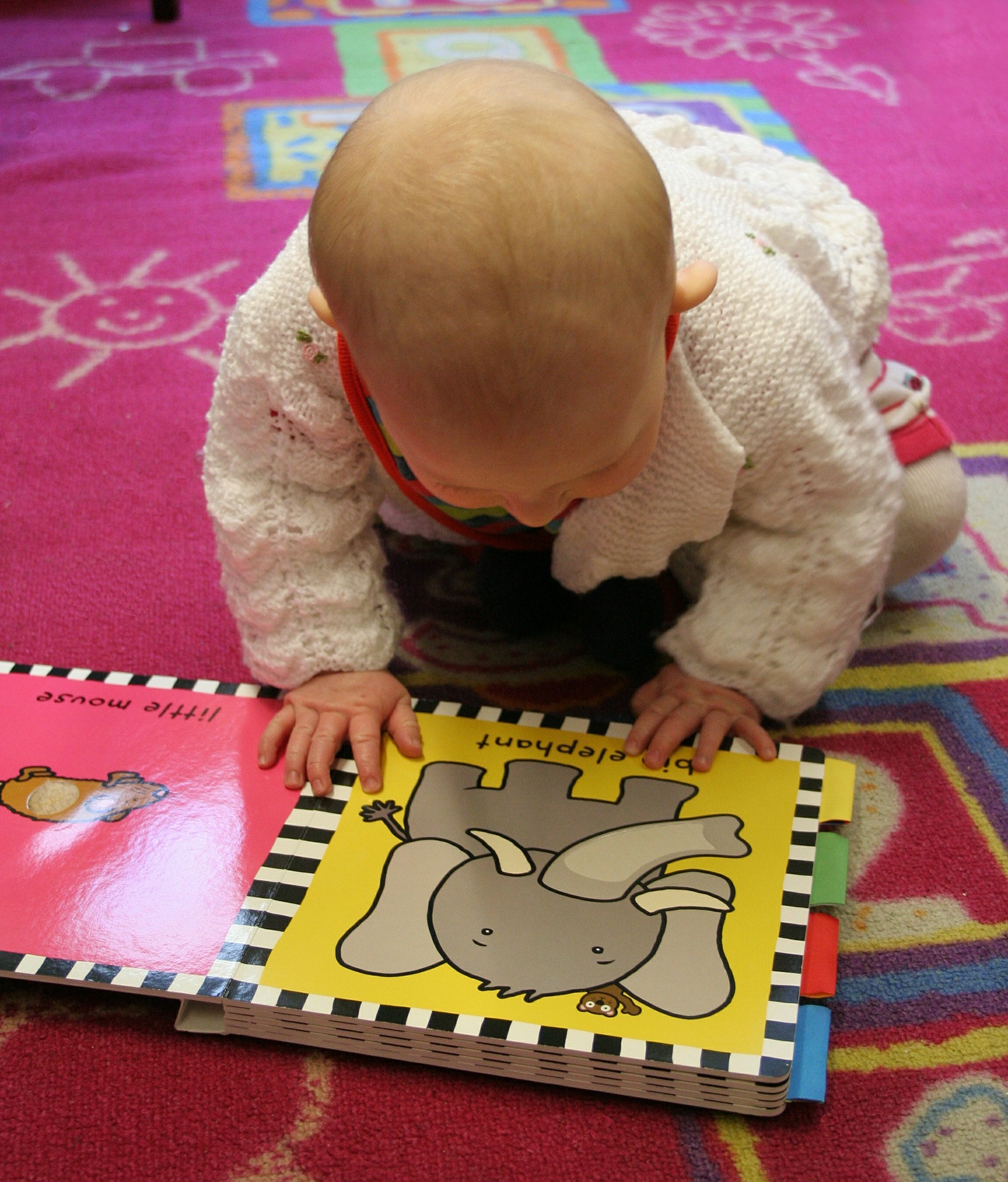Search
Research
Global economic costs due to vivax malaria and the potential impact of its radical cure: A modelling studyAn estimated 14 million cases of Plasmodium vivax malaria were reported from Asia, Central and South America, and the Horn of Africa. The clinical burden of vivax malaria is largely driven by its ability to form dormant liver stages (hypnozoites) that can reactivate to cause recurrent episodes of malaria. Elimination of both the blood and liver stages of the parasites ("radical cure") is required to achieve a sustained clinical response and prevent ongoing transmission of the parasite.
Research
Safety of live attenuated herpes zoster vaccine in Australian adults 70-79 years of age: An observational study using active surveillanceTo assess the safety of live attenuated herpes zoster vaccine live (ZVL) through cumulative analysis of near real-time, participant-based active surveillance from Australia's AusVaxSafety system. ZVL was funded in Australia for adults aged 70 years from November 2016, with a time-limited catch up programme for those up to 79 years. This cohort study monitored safety in the first two programme years through active surveillance at 246 sentinel surveillance immunisation sites.
Research
Spatial prediction of malaria prevalence in Papua New Guinea: a comparison of Bayesian decision network and multivariate regression modelling approaches for improved accuracy in prevalence predictionConsiderable progress towards controlling malaria has been made in Papua New Guinea through the national malaria control programme's free distribution of long-lasting insecticidal nets, improved diagnosis with rapid diagnostic tests and improved access to artemisinin combination therapy. Predictive prevalence maps can help to inform targeted interventions and monitor changes in malaria epidemiology over time as control efforts continue.
Research
Haemophilus influenzae remains the predominant otitis media pathogen in Australian children undergoing ventilation tube insertion in the PCV13 eraUnderstanding patterns of bacterial carriage and otitis media (OM) microbiology is crucial for assessing vaccine impact and informing policy. The microbiology of OM can vary with geography, time, and interventions like pneumococcal conjugate vaccines (PCVs). We evaluated the microbiology of nasopharyngeal and middle ear effusions in children living in Western Australia, 11 years following the introduction of PCV13.
Research
Effectiveness of 2023 southern hemisphere influenza vaccines against severe influenza-associated illness: pooled estimates from eight countries using the test-negative designAnnual estimates of seasonal influenza vaccine effectiveness can guide global risk communication and vaccination strategies to mitigate influenza-associated illness. We aimed to evaluate vaccine effectiveness in countries using the 2023 southern hemisphere influenza vaccine formulation.
Research
How immunity shapes the long-term dynamics of influenza H3N2Since its emergence in 1968, influenza A H3N2 has caused yearly epidemics in temperate regions. While infection confers immunity against antigenically similar strains, new antigenically distinct strains that evade existing immunity regularly emerge ('antigenic drift'). Immunity at the individual level is complex, depending on an individual's lifetime infection history.
Research
Estimating the impact of Western Australia's first respiratory syncytial virus immunisation program for all infants: A mathematical modelling studyThe Australian Therapeutic Goods Administration approved the use of nirsevimab, a long-acting monoclonal antibody for the prevention of Respiratory Syncytial Virus (RSV), in November 2023. Western Australia (WA) implemented a combination of nirsevimab administration strategies designed to protect all infants starting in April 2024, before the epidemic season. We developed a dynamic transmission model to predict the impact of WA's RSV immunisation program on infant hospitalisations.
Research
Pediatric Bronchiectasis Action Management Plan to Improve Clinical Outcomes: A Randomized Controlled TrialManaging bronchiectasis exacerbations is a priority for patients, parents, and caregivers of children with bronchiectasis. However, evidence-based strategies among the pediatric population remain limited.
Research
Patient-reported perceptions, experiences and preferences around intravenous and oral antibiotics for the treatment of Staphylococcus aureus bacteremia: a descriptive qualitative studyThere is growing evidence to support partial oral antibiotic treatment of severe infections such as Staphylococcus aureus bacteremia, but clinical practice is slow to adopt this paradigm. We know little about how patients with severe infection experience and perceive intravenous and oral antibiotics in terms of quality of life and clinical effectiveness. We performed a qualitative study to elicit patients' views on treatment with intravenous and oral antibiotics, aiming to provide insights that could inform collaborative treatment decision-making.

Research
MeaslesMeasles is a highly contagious infectious disease that can cause severe, long-term complications in children.
